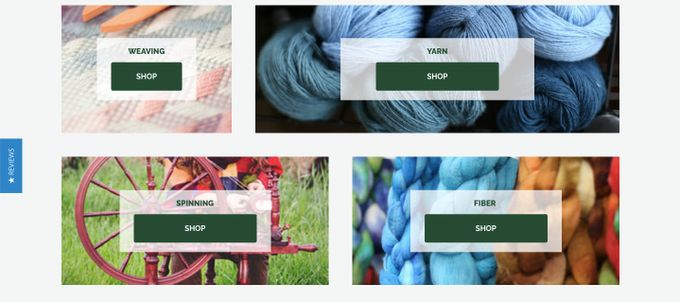Behavioral Marketing in eCommerce: Personalize Your Customers' Experience
Published September 15, 2024

Behavioral marketing in eCommerce can help you personalize your customers' experiences through data insights. McKinsey research finds that those prioritizing personalization in their marketing generate 40% more sales. So, using tailored marketing and product offerings to address your customers' interests can help increase your revenue and improve customer loyalty.
What Is Behavioral Marketing?
Behavioral marketing targets customers based on specific actions they make on your site. This technique uses data like web analytics, cookies, search history insights, and other tools to target customers effectively.
Platforms, such as Klaviyo, can help you collect and analyze behavioral data to drive more targeted recommendations.
Behavioral Marketing Segmentation
Behavioral marketing segmentation uses data to divide customers into audience segments based on their behavior and preferences, then targets each segment with specific campaigns or offerings.
For instance, Woolery, a fiber arts business, offers smart collections based on material and activity. This base-level personalization helps make the site easy to navigate, particularly for customers who know what they're looking for.
» Learn more about how personalization can help merchandise your products and collections
Behavioral Marketing Strategies
By using behavioral data, you can deliver the right campaigns to individual customers, improve their experiences, and increase their chances of conversion. You can try strategies like:
- Remarketing Show ads to customers who have previously visited your website or interacted with your brand online. For example, a fashion retailer may advertise products that customers recently viewed but didn't purchase.
- Product suggestions By making product recommendations based on your customers' behavior, you have the opportunity to cross-sell and upsell. For example, an online bookstore may suggest other books by the same author or in the same genre.
- Email marketing By analyzing your customers' behavior, you can send them personalized content and promotions. For example, an eCommerce store may send abandoned cart emails to customers who didn't complete their purchases.
- Personalized website experience Customize your website content based on customers' browsing behavior. For example, a travel website may display hotel recommendations based on a customer's previous search history.
» Discover the importance of personalization in your eCommerce strategy using reviews
Fast Personalization for Fast Results
With 71% of consumers expecting personalized shopping experiences, behavioral marketing is a necessity.
By creating a more engaging and relevant shopping experience, you can help increase sales and revenue. Leveraging personalization can help your customers feel valued and understood, which can boost loyalty and create long-lasting customer relationships.





